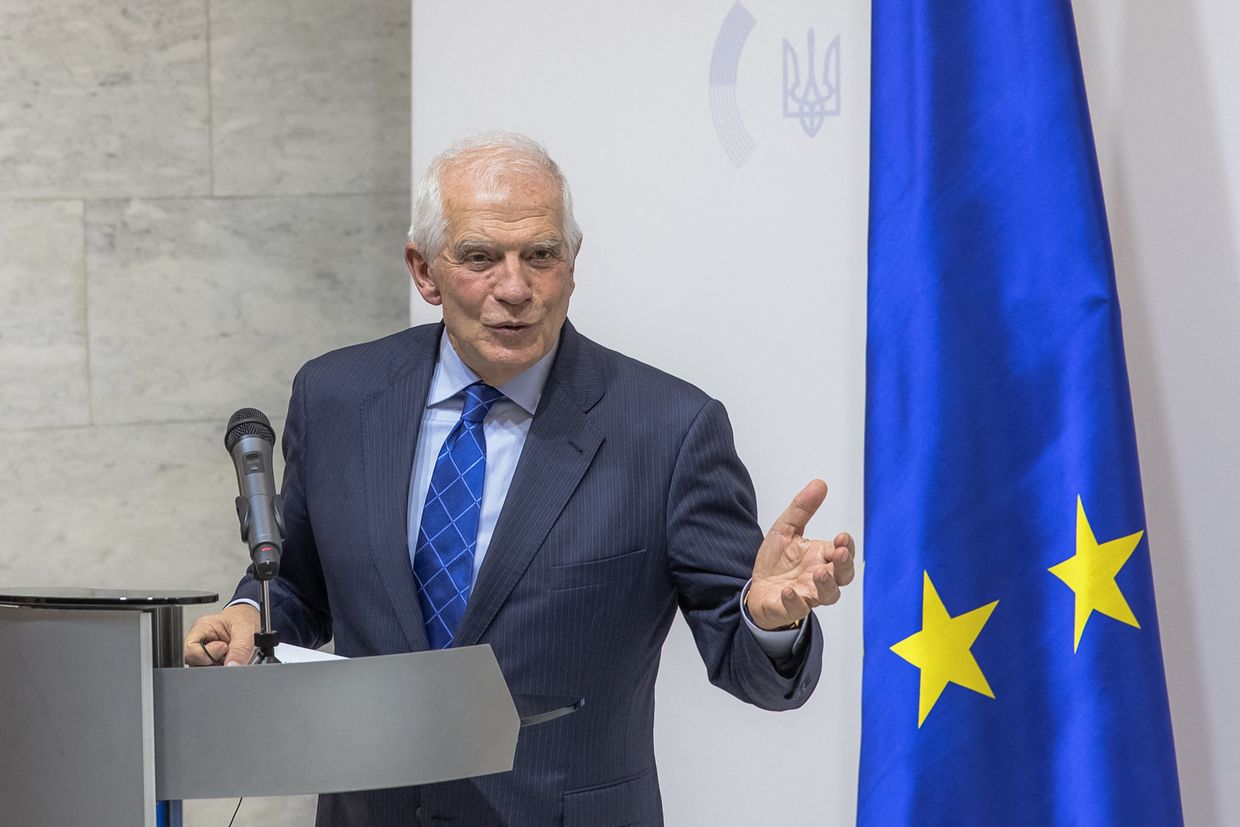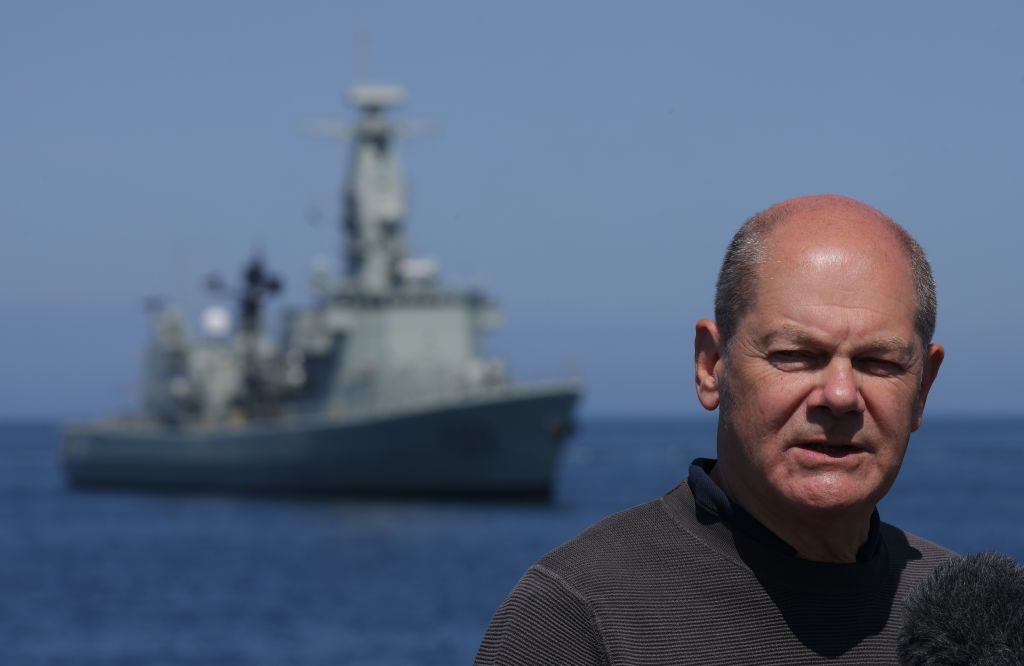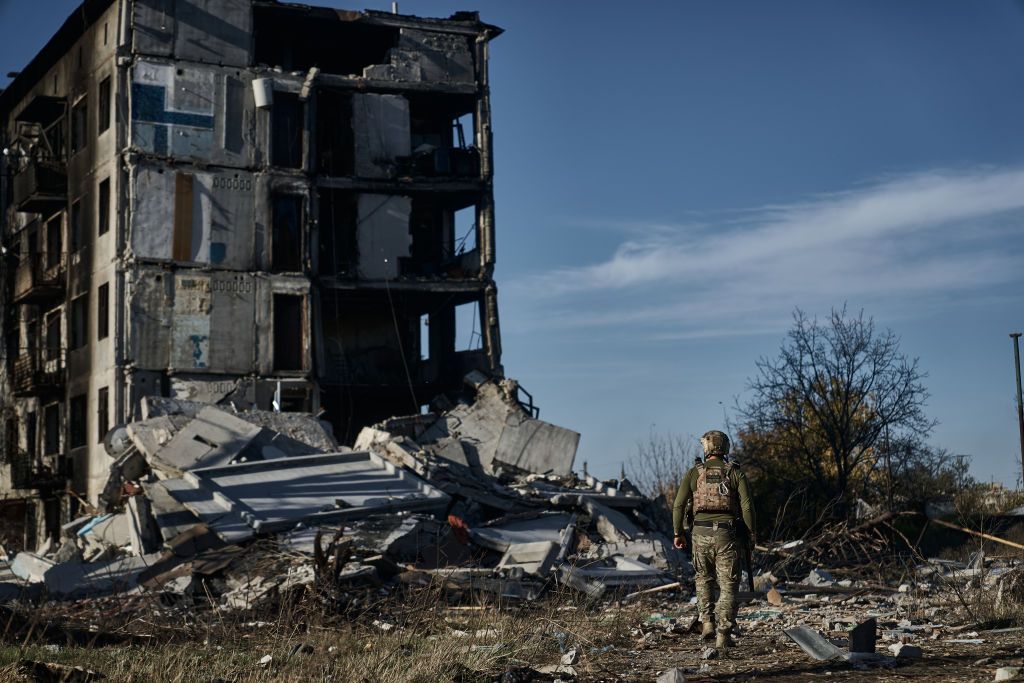Borrell, Kuleba: Europe and the world need Ukraine to prevail

KYIV – Feb. 24, 2022, when Russia marched hundreds of thousands of troops into Ukraine, marked the beginning of a major geopolitical earthquake. For two years, Europe has been living with the grim reality of the continent’s largest war of aggression since World War II, and with widespread, horrifying atrocities.
What Russia is doing is a classic example of 19th-century-style imperial and colonial aggression. Ukraine is enduring what many other countries have cruelly suffered in the past. For Russia, this war has never been about Ukraine’s neutrality, NATO enlargement, protecting Russian-speakers, or any other fabricated pretexts.
Russian President Vladimir Putin has repeatedly claimed that Ukraine does not exist as a nation and that Ukrainian identity is artificial. The war is solely about annihilating an independent country, conquering land, and re-establishing dominance over a people that decided to be masters of their own destiny. Russia’s imperial ambition is doubtless familiar to many nations around the world that were previously subject to colonial rule and oppression.
The consequences of the Russian aggression against Ukraine have been felt far beyond Europe. The war has affected food security and energy prices, and it has been accompanied by massive disinformation and political destabilization campaigns. These shockwaves have been truly global. Putin is ushering in an increasingly transactional world. He has deployed the Wagner Group in Africa, destabilized other countries through coups, and engaged in economic coercion through the threat of hunger – offering grain that he himself made scarce by systematically burning fields in Ukraine, targeting storage infrastructure, and blocking important maritime export routes.
The war and its consequences thus concern every country. Should Russia prevail, it would send a very dangerous message that “might makes right.” Every aggressive power around the world would be tempted to follow in Russia’s footsteps. If aggression ultimately pays, why wouldn’t all those with territorial claims against their neighbors act on them? This is why it is in many Asian, African, and Latin American countries’ interest that Ukraine wins the war.
Ultimately, this war is not about “the West against the rest.” Supporting Ukraine is not “pro-Western.” It is about rejecting war and terror. It is about standing for the principle of international relations based on mutual respect, and supporting Ukrainians’ right to security and liberty. Ukraine and the European Union share a view of international relations in the twenty-first century that is exactly opposed to that of Putin’s Russia. Our vision is based on international law, respect, and mutual benefit, instead of coercion, bribery, and fear.
Nobody has a greater interest than we do in swiftly ending this war and bringing peace back to our continent. To achieve this, Ukraine has proposed a ten-point peace formula – which the EU fully supports – that not only envisions the end of hostilities but also includes proposals to strengthen food security, nuclear safety, environmental protection, energy security, international justice, human rights, and respect for the UN Charter.
This formula is the only serious peace proposal on the table, and we are calling on all countries committed to peace to join us in putting it into action. Ukraine is currently organizing a Global Peace Summit in Switzerland, and the EU is actively supporting this process. Leaders from around the world will work toward an agreement on a common vision for a just peace in Ukraine based on the UN Charter. Russia will then be presented with this consolidated position representing the global majority, leaving it no other choice but to engage in good faith.
As the war enters its third year, our message is one of resilience in the face of aggression and terror. We cannot and will not allow aggression to be rewarded in the twenty-first century; instead, we will mobilize against it. The only way to achieve a just peace is to double down on support for Ukraine. The EU has done exactly that in recent months, and it is set to increase assistance even further in 2024.
Our common goal is to ensure that Ukraine can turn the tide of the war in its favor so that a just peace can be reached as soon as possible. The world’s support is crucial for achieving this result. It is in everyone’s interest that international law be upheld, and that cooperation is the highest priority. There must not be a return to the dark past of military aggression, imperialism, and colonialism – neither in Europe nor in any other region.
Editor’s Note: Copyright, Project Syndicate. This article was published by Project Syndicate on Feb. 21, 2024, and has been republished by the Kyiv Independent with permission.The opinions expressed in the op-ed section are those of the authors and do not purport to reflect the views of the Kyiv Independent.
















